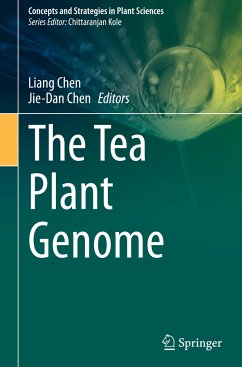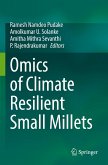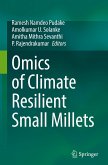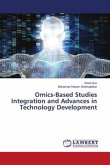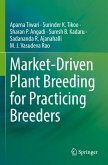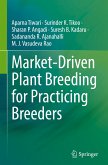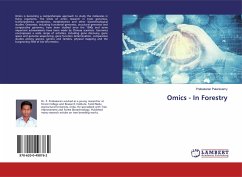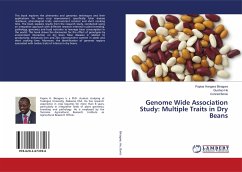This edited volume is focused on genomic study of tea crop. This book includes 20 chapters that cover the most relevant and hot topics in tea plant genetics and genomics. A first set of chapters includes its global economic and healthy importance, the botany and taxonomy, main quality and functional components. A second group of chapters deals with genetics, breeding and includes genetic resources, commercial breeding, genetic transformation techniques, as well as the use of marker assisted selection (QTL, GWAS). This will be followed by a set of chapters on omics, including the genomics, transcriptomics, metabolomics, proteomics, organelle genome, small RNA and DNA methylation. Two chapters are devoted to biotic and abiotic stresses, continued by two others more chapters focused on the SNP array, and databases for molecular design breeding. Finally, a chapter deals with future perspectives in the omics era for tea breeding.
The tea plant is a cross-pollinated, self-incompatible, high heterozygosity, very large genome (~3.2 Gb) which have greatly hindered research and breeding in this crop. In the recent years, modern genetic and genomic tools have contributed to the development of significant valuable resources for the tea genetic improvement.
This book is of interest to teachers, tea researchers, tea breeders and tea lovers. Also, the book serves as additional reading material for undergraduate and graduate students of agriculture, forestry, horticulture, beverage plant sciences.
The tea plant is a cross-pollinated, self-incompatible, high heterozygosity, very large genome (~3.2 Gb) which have greatly hindered research and breeding in this crop. In the recent years, modern genetic and genomic tools have contributed to the development of significant valuable resources for the tea genetic improvement.
This book is of interest to teachers, tea researchers, tea breeders and tea lovers. Also, the book serves as additional reading material for undergraduate and graduate students of agriculture, forestry, horticulture, beverage plant sciences.

